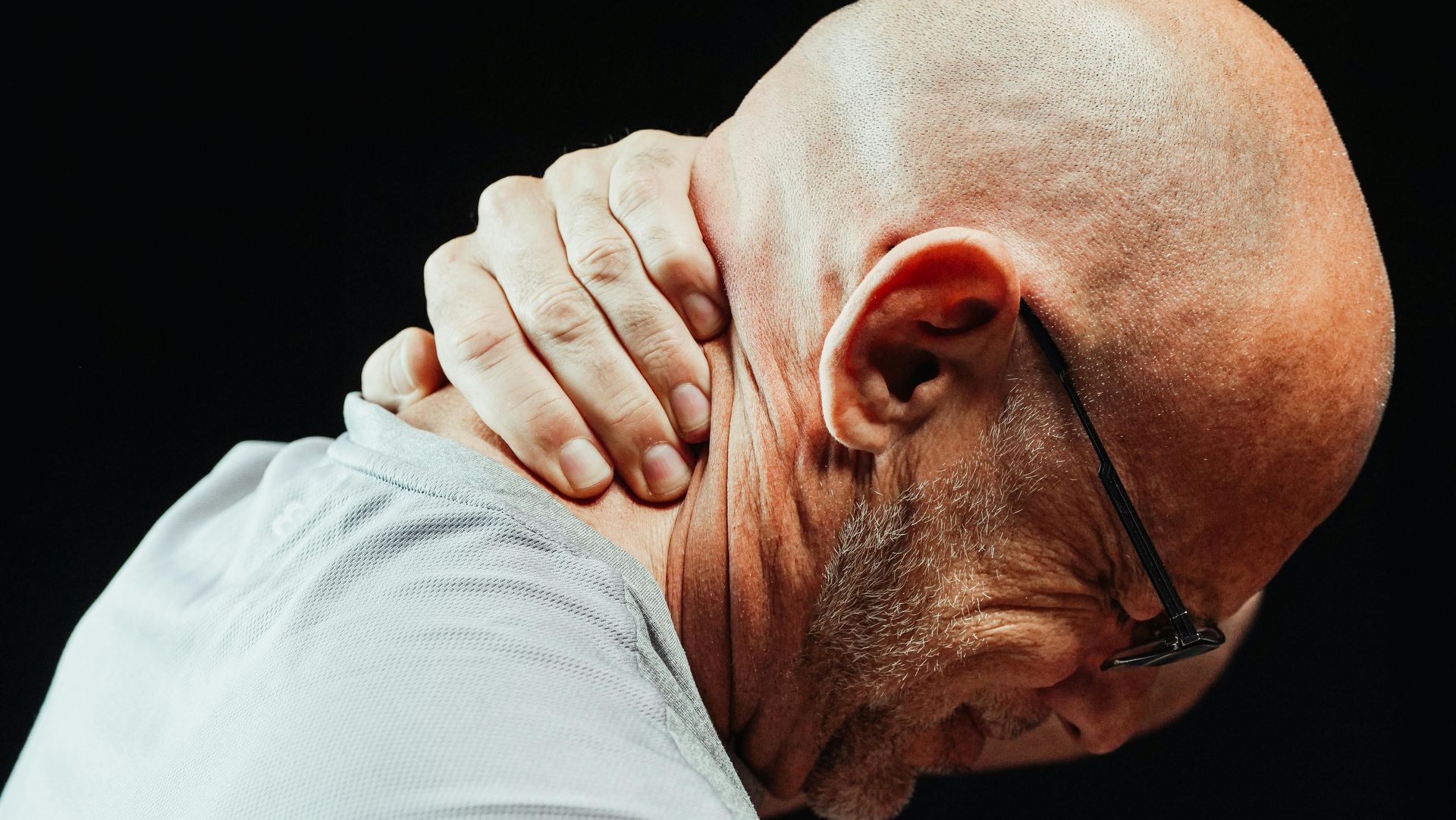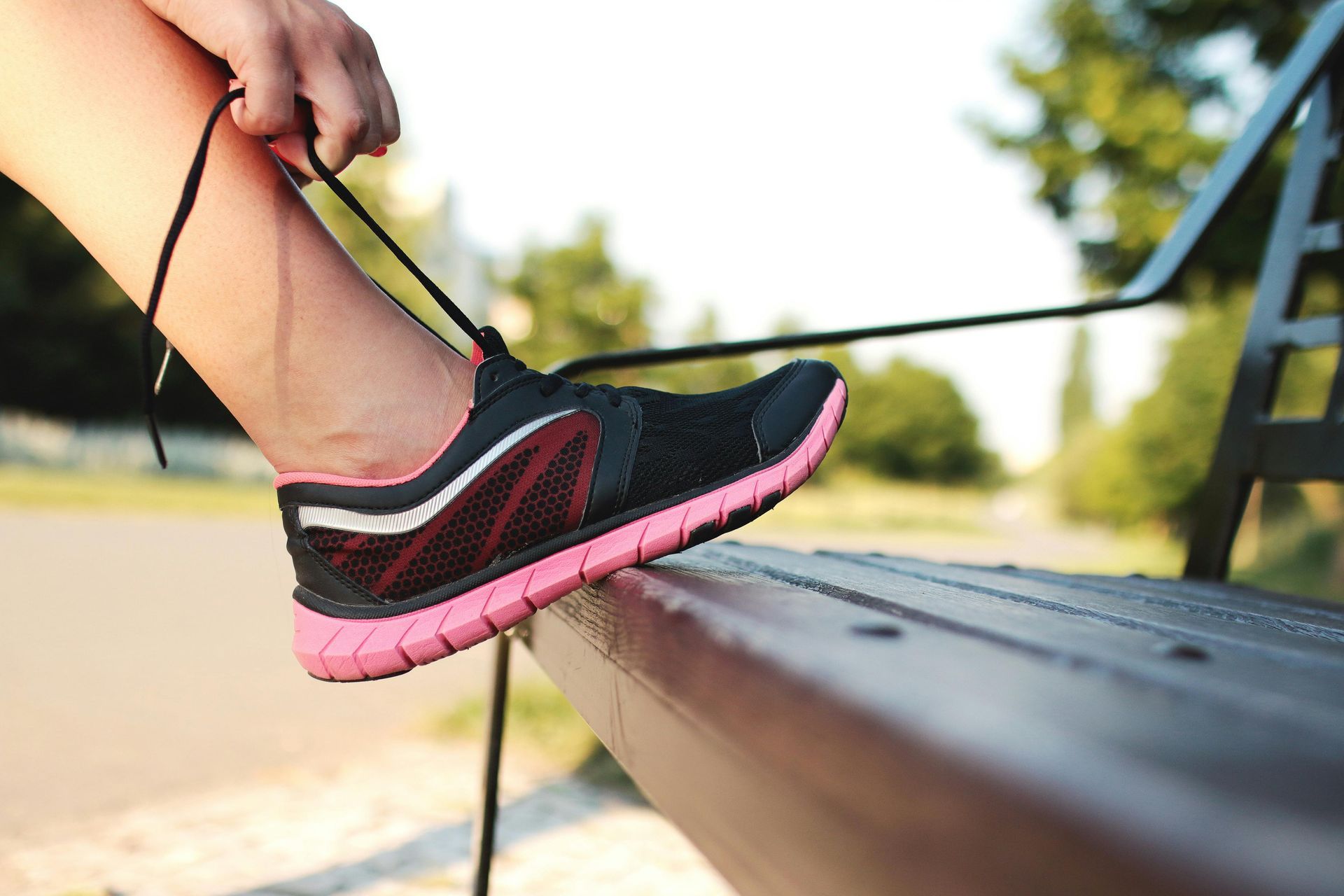Lack of motion can increase joint pain, but so can overwork in the heat. To compensate, develop an exercise routine with care. If you prefer to exercise outside, prioritize working out during cooler times of the day. You might also consider picking up an indoor activity that's easier on your joints but still works the whole body, like swimming. You can also find thousands of free workouts online that can be completed from the comfort of your home.
Keep Your Joints "Cool" While the Weather Gets Hot
If your joint pain worsens as the weather gets warmer, you’re not alone. Warmer months can aggravate your joints, especially if you struggle with arthritis or other chronic joint pain conditions. Here, we break down why that may happen and how you can work to prevent it.
What Makes Joint Pain Worse in Summer?
While everyone is different, there are a few common culprits for worsening joing pain in the summer. Here are a few of the most common:
Less Activity
When it gets hot outside, it's tempting to take things easy and not move around as much. We don't blame you! Moving around too much outside when it gets warm — especially in particularly hot climates- can be miserable and sometimes even risky. Unfortunately, reduced activity can result in stiff or painful joints.
Dehydration
Your body requires more fluid to stay hydrated in higher temperatures. When you are dehydrated, your joints are less lubricated, resulting in pain. This is especially true with joints like your knees and shoulders.
Dramatic Temperature Shifts
You may have noticed that hands swell when you work outside on a warm day. That swelling is partly the result of the expanding of tendons and ligaments that tends to happen when you work in the heat. If you live in an area where the temperatures are warm during the day and cooler at night, those same tendons and ligaments will often expand and contract as the weather changes, which may increase joint pain.
Humidity
Ever notice that your joints are more painful before a storm? There’s a reason for that! Shifts in barometric pressure, often recognized as a change in humidity, can impact the amount of fluid present in your joints. The effect on your body is similar to dehydration.
How to Protect Your Joints
Some factors affecting joint pain are outside your control, which can be frustrating. Thankfully, there are tips and strategies you can implement to help manage your joint pain in hot summer weather.
Choose Your Exercise Time Carefully
Hydrate
It is important to stay hydrated all year, but especially during warmer months when your body loses water more quickly. This is especially true if you live in a hot location. To help yourself stay hydrated, consider incorporating drinks and foods with electrolytes. You can find drinks that already contain electrolytes or powdered options you can add to water at home for an extra hydration boost when needed. You can also snack on foods like celery, watermelon, bananas, or pickles for a quick burst of electrolytes to supplement all the water you're drinking.
Try Epsom Salts
You can keep your body hydrated in ways other than consuming more water or eating the right foods. Epsom salts are incredibly effective at reducing joint inflammation and pain. Treat yourself to a nice bath with Epsom salts to cool your body and reduce swelling. Epsom salts are also known to help you sleep better — a win-win!
Practice Self-Care
There can be lots of pressure to be up and doing all the time during the summer. Of course, it is important to get adequate exercise, but rest is also important in managing pain. Getting enough sleep can also help with chronic pain, as can low-impact movement like yoga. Some studies have shown that taking time each day for mindful meditation can reduce pain.
Before you begin any new routine, speak with a professional. If you're having issues with chronic pain and want some assistance finding the right balance for a fun, pain-free summer, contact Chronic Care of Richmond today.





